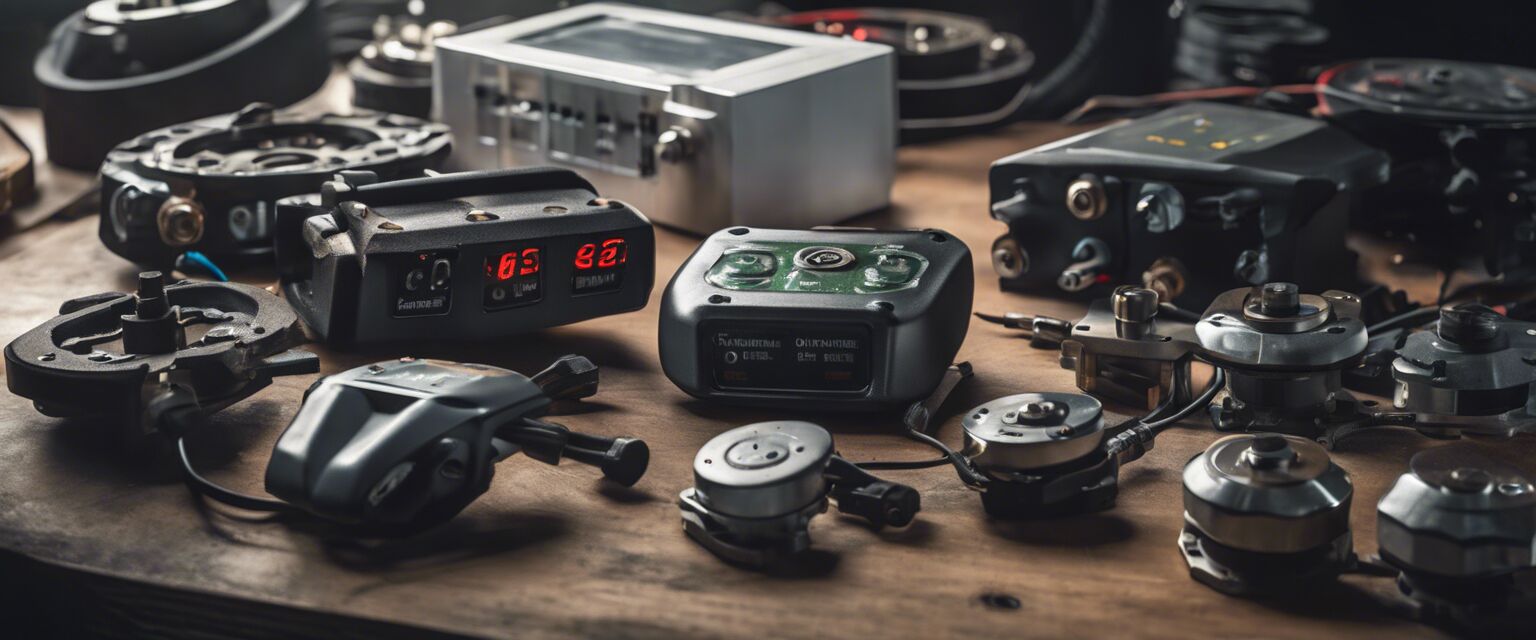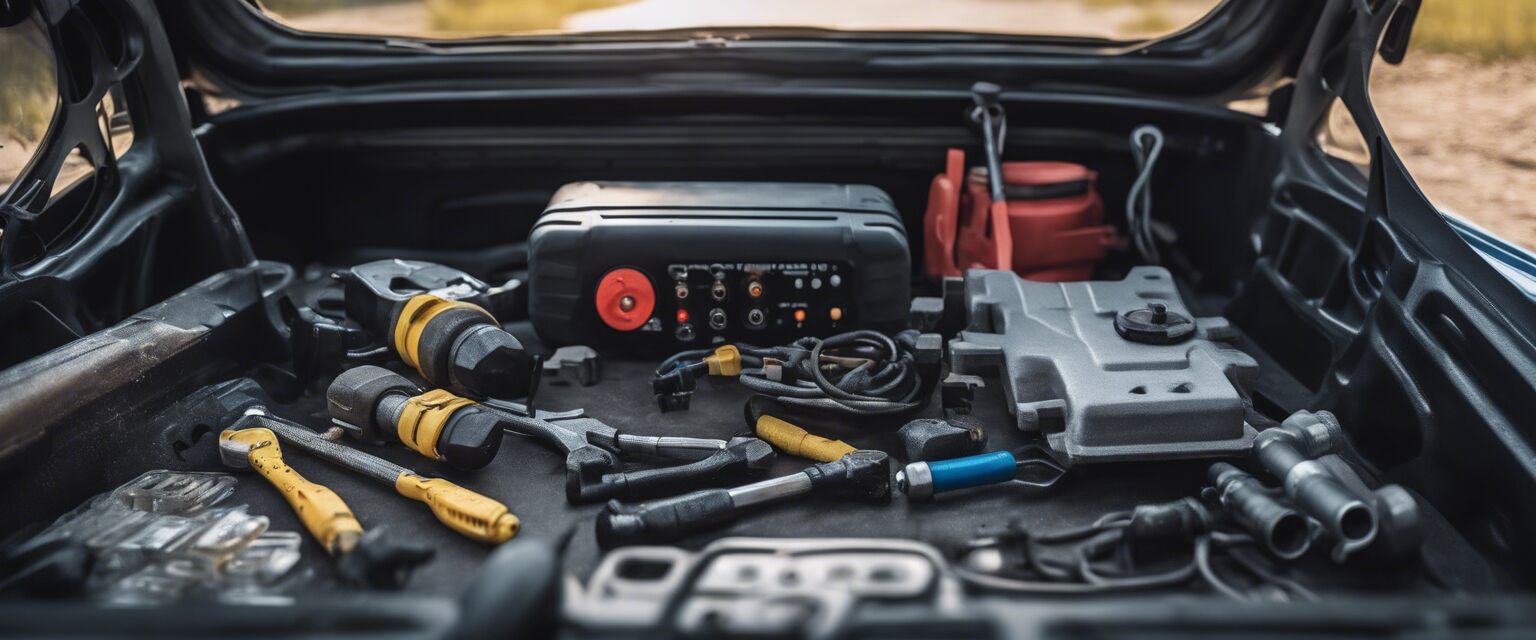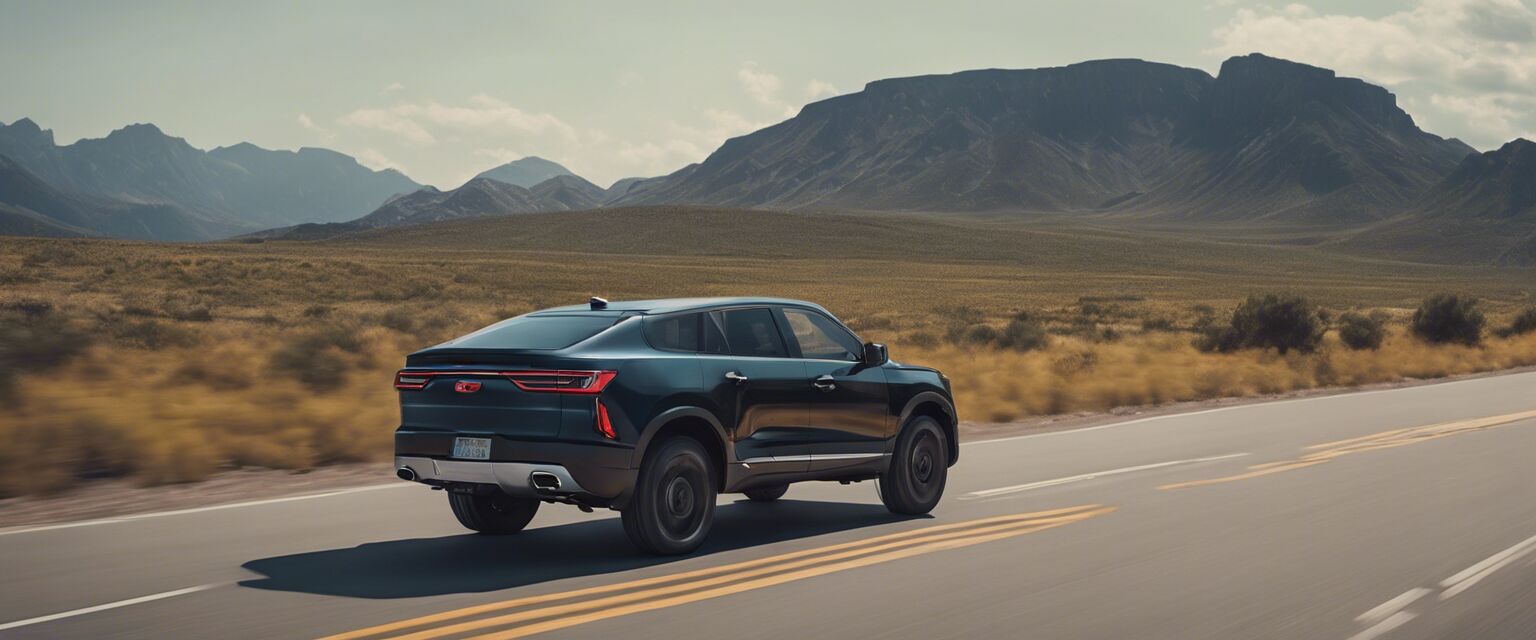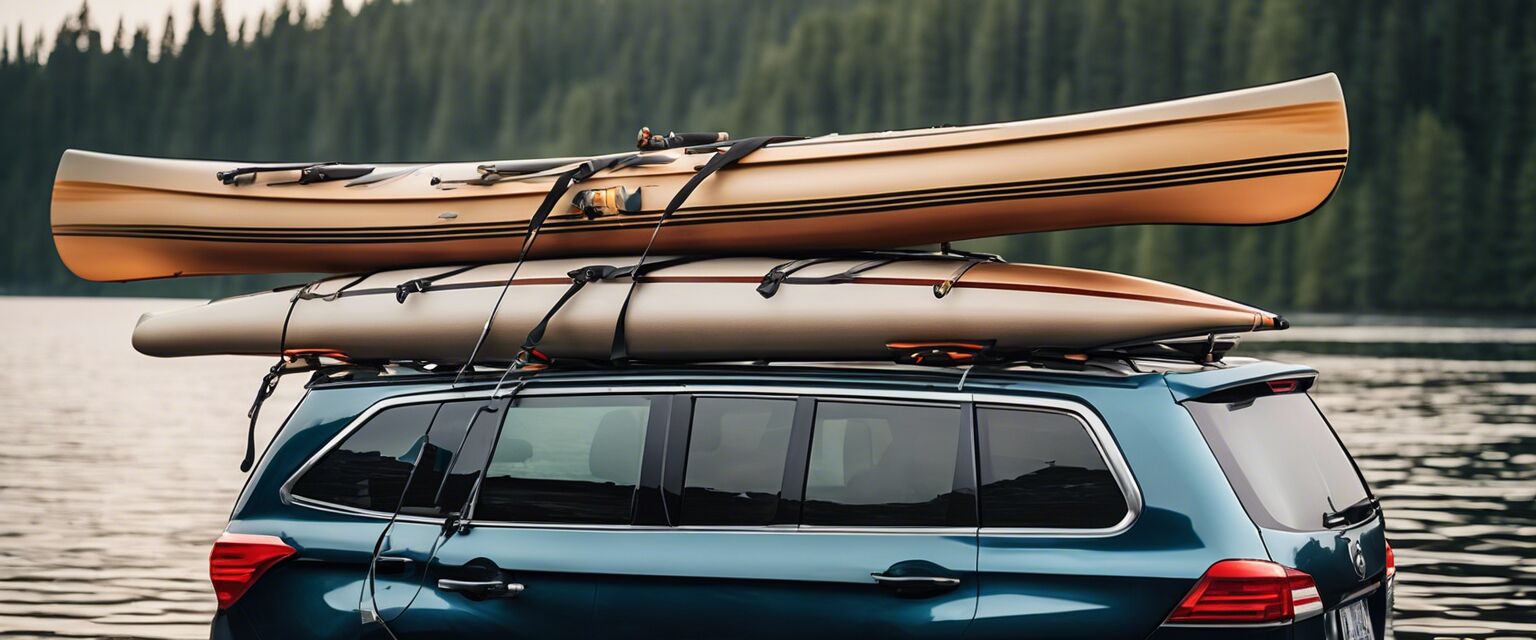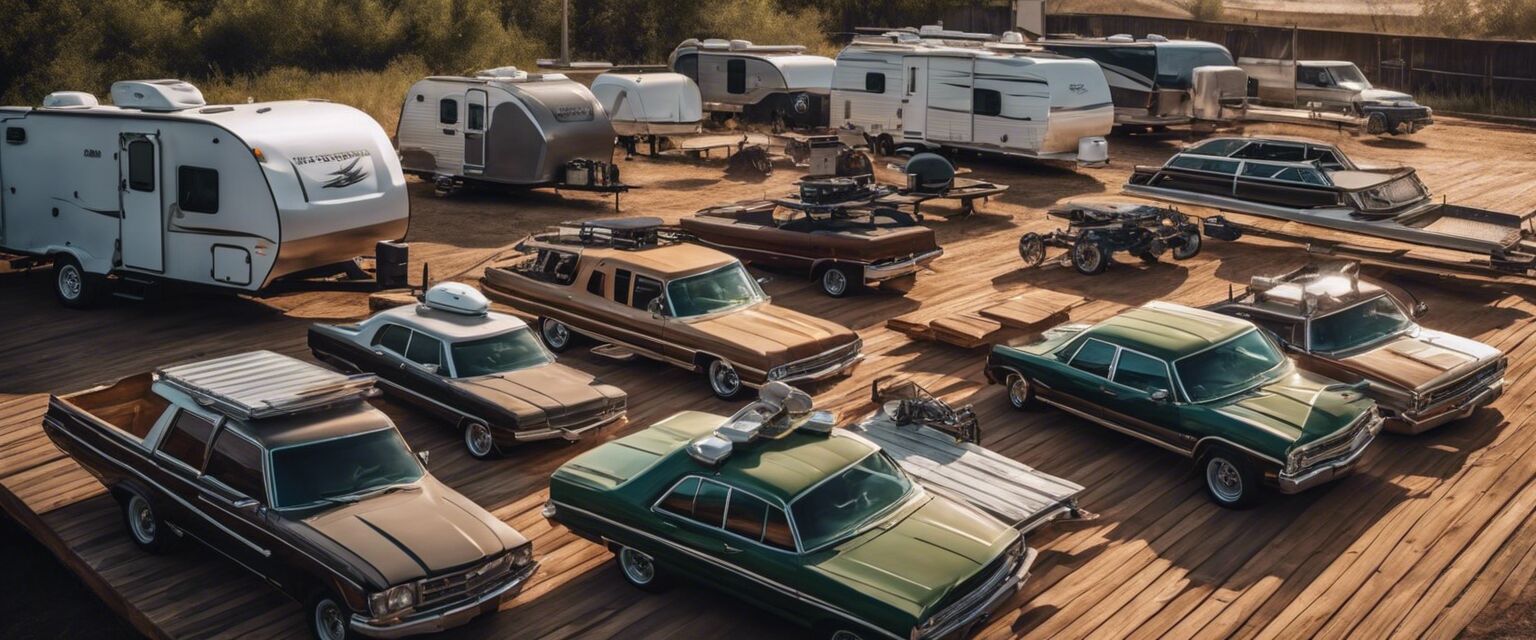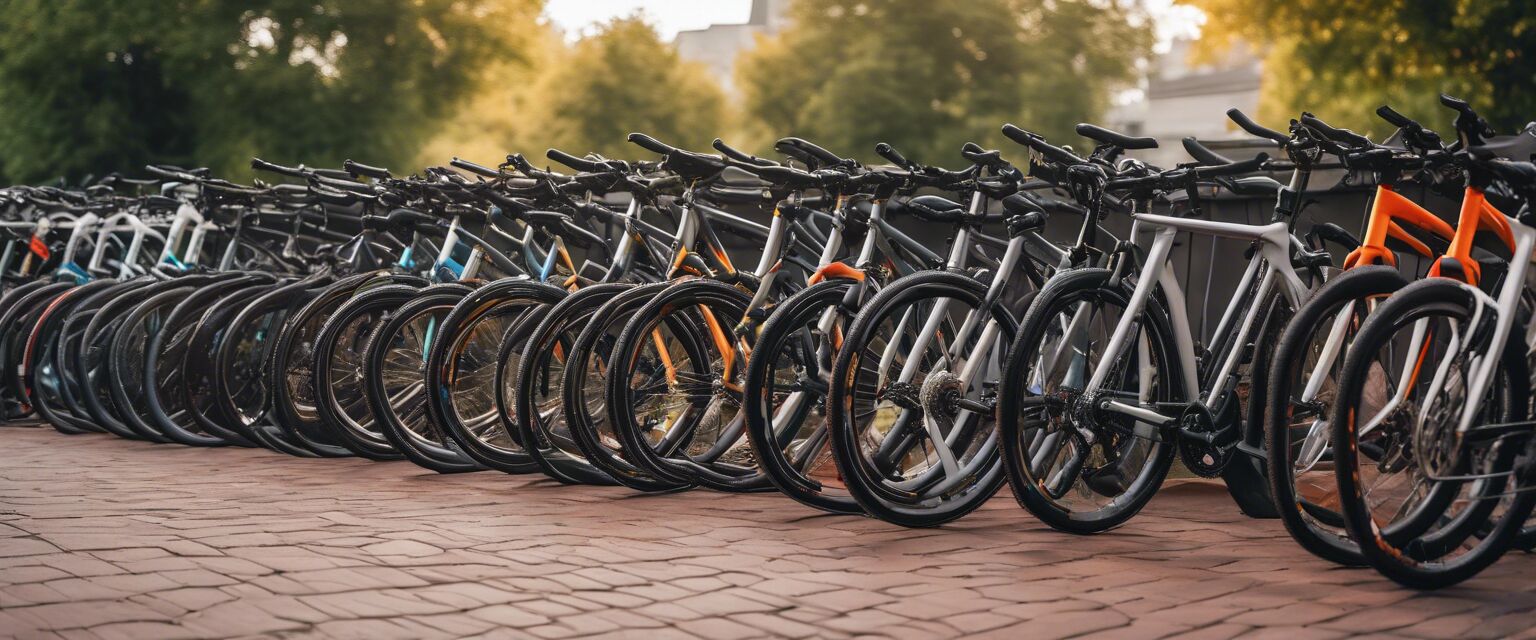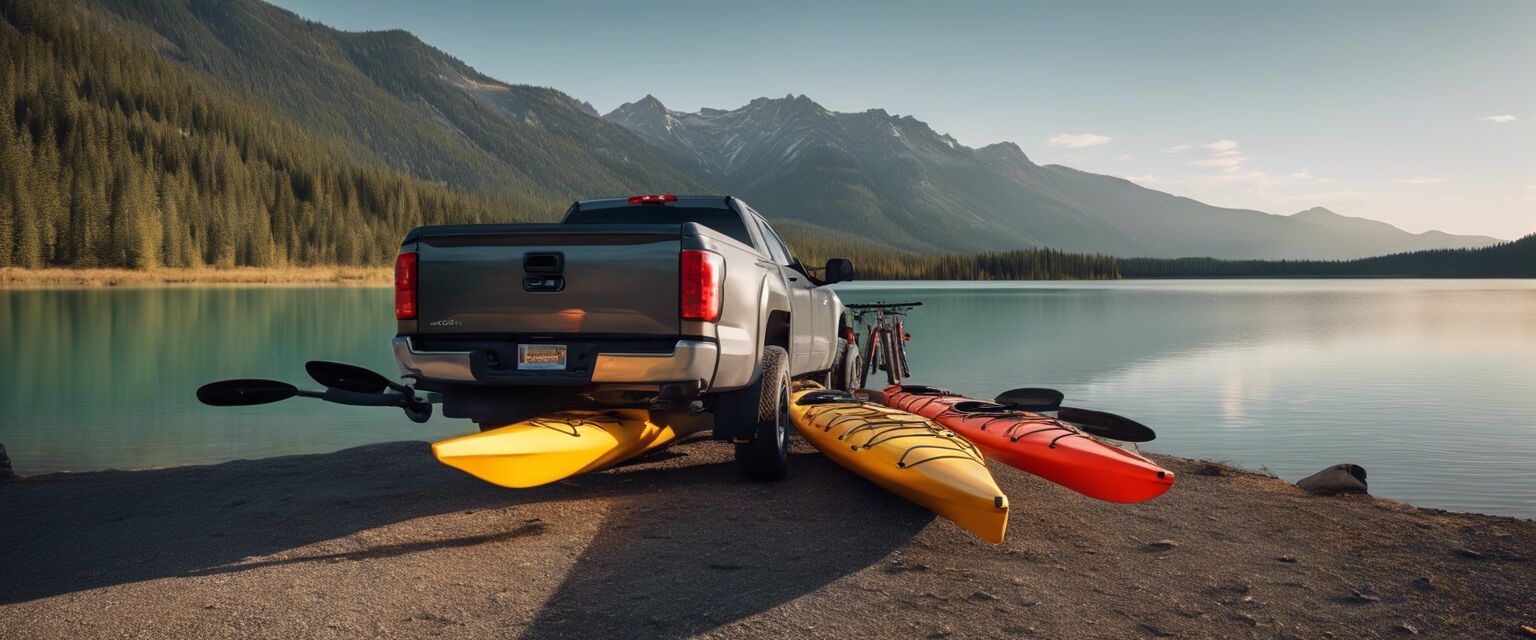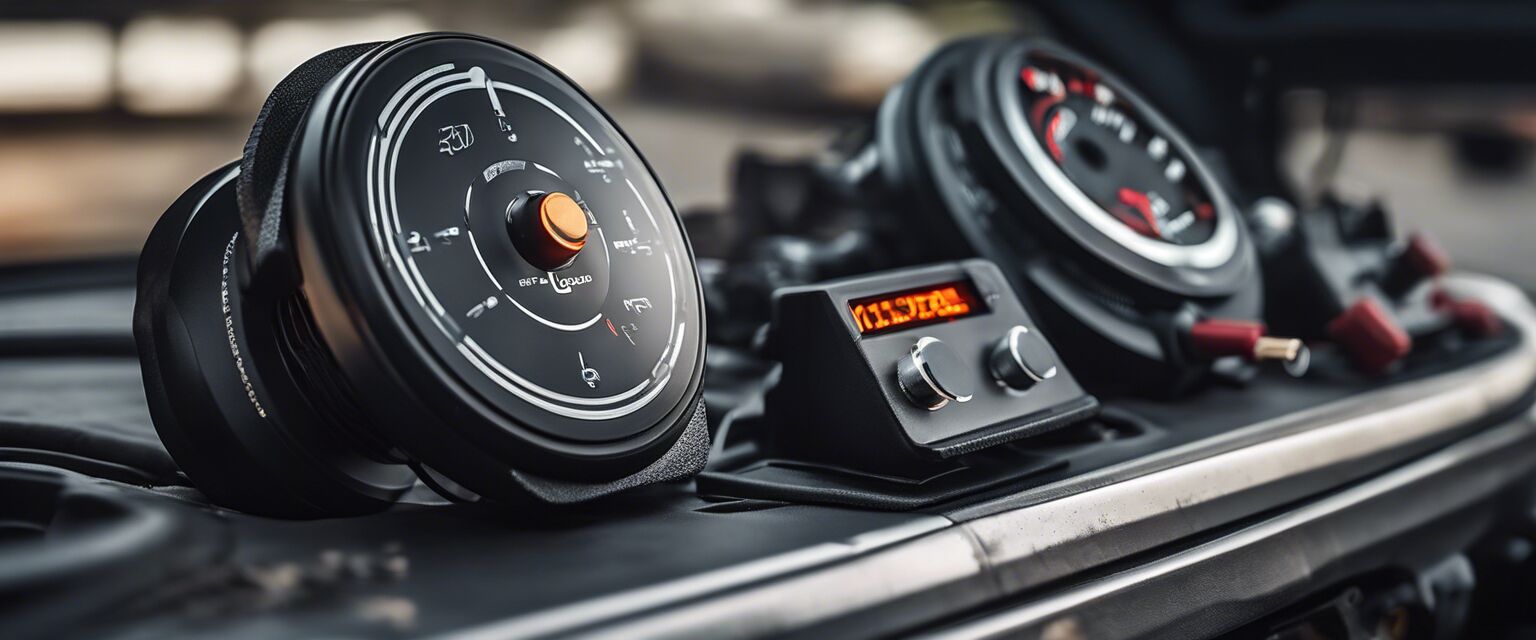
Brake Controllers
Key Takeaways
- Brake controllers are essential for safe towing, ensuring that your trailer brakes respond effectively.
- There are mainly two types: time-delayed and proportional brake controllers.
- Installation can vary, but many controllers can be installed with basic tools.
- Choosing the right brake controller can enhance your towing experience and provide safety.
- Always consult your vehicle's manual for compatibility before purchasing a brake controller.
When it comes to towing, having a reliable brake controller is crucial for your safety and the safety of others on the road. In this article, we will explore the best trailer brake controllers available, including installation tips and performance comparisons. Whether you're an experienced driver or new to towing, understanding brake controllers is essential for a successful towing experience.
What is a brake controller?
A brake controller is a device that activates the brakes on a trailer when the towing vehicle's brakes are applied. It ensures that the trailer brakes engage in synchronization with the vehicle's brakes, providing better control and safety during towing.
Types of brake controllers
1. Time-delayed brake controllers
Time-delayed brake controllers operate by applying the trailer brakes after a preset delay. They are generally easier to install and are suitable for various trailers. However, they may not provide the most responsive braking.
2. Proportional brake controllers
Proportional brake controllers provide a more responsive braking experience. They measure the deceleration of the towing vehicle and apply the trailer brakes accordingly. This type is often preferred for heavier trailers or longer trips.
Installation tips
Installing a brake controller can seem daunting, but with the right tools and guidance, it can be done in a few simple steps. Hereâs a basic outline of the installation process:
- Gather necessary tools: wire strippers, screwdrivers, and a drill.
- Locate the vehicle's brake controller wiring harness.
- Connect the brake controller to the wiring harness following the manufacturer's instructions.
- Mount the brake controller in an accessible location within the vehicle.
- Test the brake controller by connecting it to a trailer and ensuring proper functionality.
Performance comparisons
Below is a comparison table of the common features found in various brake controllers:
| Brake Controller | Type | Response Time | Ease of Installation | Price Range |
|---|---|---|---|---|
| Controller A | Time-delayed | Moderate | Easy | $50 - $100 |
| Controller B | Proportional | Fast | Moderate | $100 - $200 |
| Controller C | Time-delayed | Slow | Easy | $30 - $70 |
| Controller D | Proportional | Very Fast | Moderate | $150 - $250 |
Frequently asked questions
1. Do I need a brake controller for my trailer?
If your trailer has brakes, then yes, you will need a brake controller to ensure safe operation during towing.
2. How do I know if my vehicle is compatible with a brake controller?
Consult your vehicle's owner manual or contact a dealership to confirm compatibility with brake controllers.
3. Can I install a brake controller myself?
Yes, many brake controllers come with installation kits and instructions, making DIY installation possible for most individuals.
4. How do I test my brake controller after installation?
Connect a trailer to your vehicle and test the brakes by applying the vehicle's brake pedal. The trailer brakes should activate simultaneously.
Pros and cons of brake controllers
Pros
- Improved safety during towing.
- Better control over trailer braking.
- Variety of options available to suit different needs.
Cons
- Installation can be complex for some users.
- May require additional tools for setup.
- Higher-end models can be expensive.
Conclusion
Investing in a quality brake controller is essential for anyone who regularly tows a trailer. With options ranging from time-delayed to proportional controllers, itâs important to choose the one that best suits your towing needs. Remember to consider installation requirements and always consult your vehicle's manual for compatibility. For more information on related topics, check out our guides on trailer hitches and kayak racks.
Additional resources
For further reading on brake controllers and towing safety, visit our section on bike racks or roof racks and boxes.
Image Gallery
